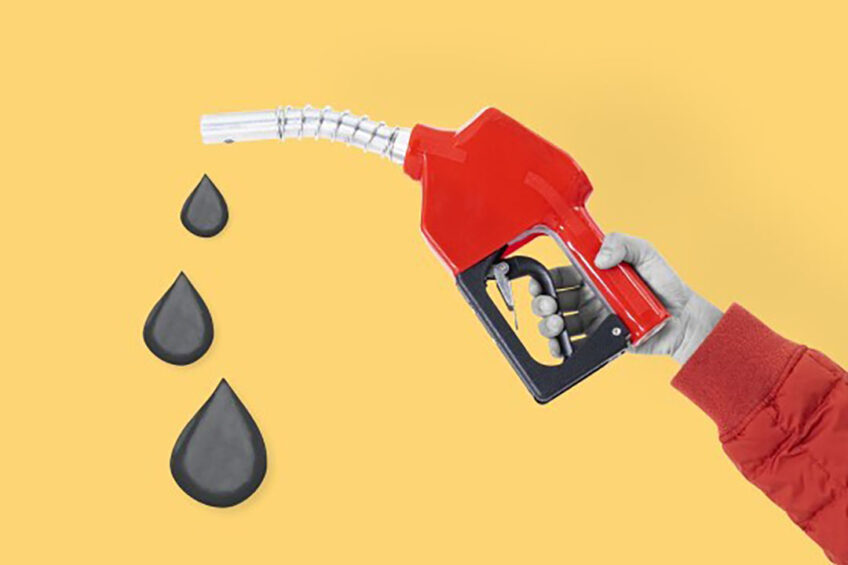Growing demand for animal fats biofuels

Using rendered animal fats from poultry, pigs and cattle as transport fuels is causing alarm to climate scientists.
Rendered animal fats from poultry, pigs and cattle have been used for many years in pet food and in the oleochemical sector for soaps and cosmetics. But, their use as transport fuels, currently mostly in cars and trucks, is causing alarm to climate scientists.
This is happening particularly as aviation companies have recently struck deals with suppliers for “sustainable aviation fuels” (SAF), which often include animal fats.
A study carried out by Cerulogy for clean transport campaign group, Transport and Environment, found that supplies of animal fat in biodiesel have grown fortyfold since 2006. Demand for animal fats in biofuels is projected to triple by 2030 compared to 2021. This feedstock is expected to be the most used material in SAFs after used cooking oil, with fuel suppliers heavily investing in the processing of animal fats for biodiesel and other fuels.
Transport the largest user of such fats
Europe already burns 46% of all animal fat feedstocks as biodiesel, according to the study, making transport the largest user of such fats. But its availability is finite, and Transport and Environment calculates that to entirely fuel a transatlantic flight between Paris and New York, you would need 8,800 dead pigs each way. Carbon dioxide emissions from animal fats biofuels could be up to 1.7 times worse than conventional diesel.
Matt Finch, Transport and Environment spokesman, told the media that there could not be enough animals slaughtered to meet airlines’ growing demand for animal fats: “There’s not a never-ending supply of animals or animal fat. So, if you put on a massive extra demand source from anywhere from aviation, the industries where fat is currently used will have to look for alternatives. And that alternative is palm oil. So, aviation will indirectly be responsible for increasing the amount of palm oil pulled through European systems.”
Both the UK and EU governments are keen to make aviation greener, putting in mandates that require airlines to use more SAF in their tanks. For the EU, it will be 6%, while the UK is asking for 10%. The UK is likely to limit the use of better-quality tallow in fuel, while in Europe, the use of this type of material will be incentivised as the greenhouse gas reduction achieved with this fat is higher.
 Beheer
Beheer







 WP Admin
WP Admin  Bewerk bericht
Bewerk bericht